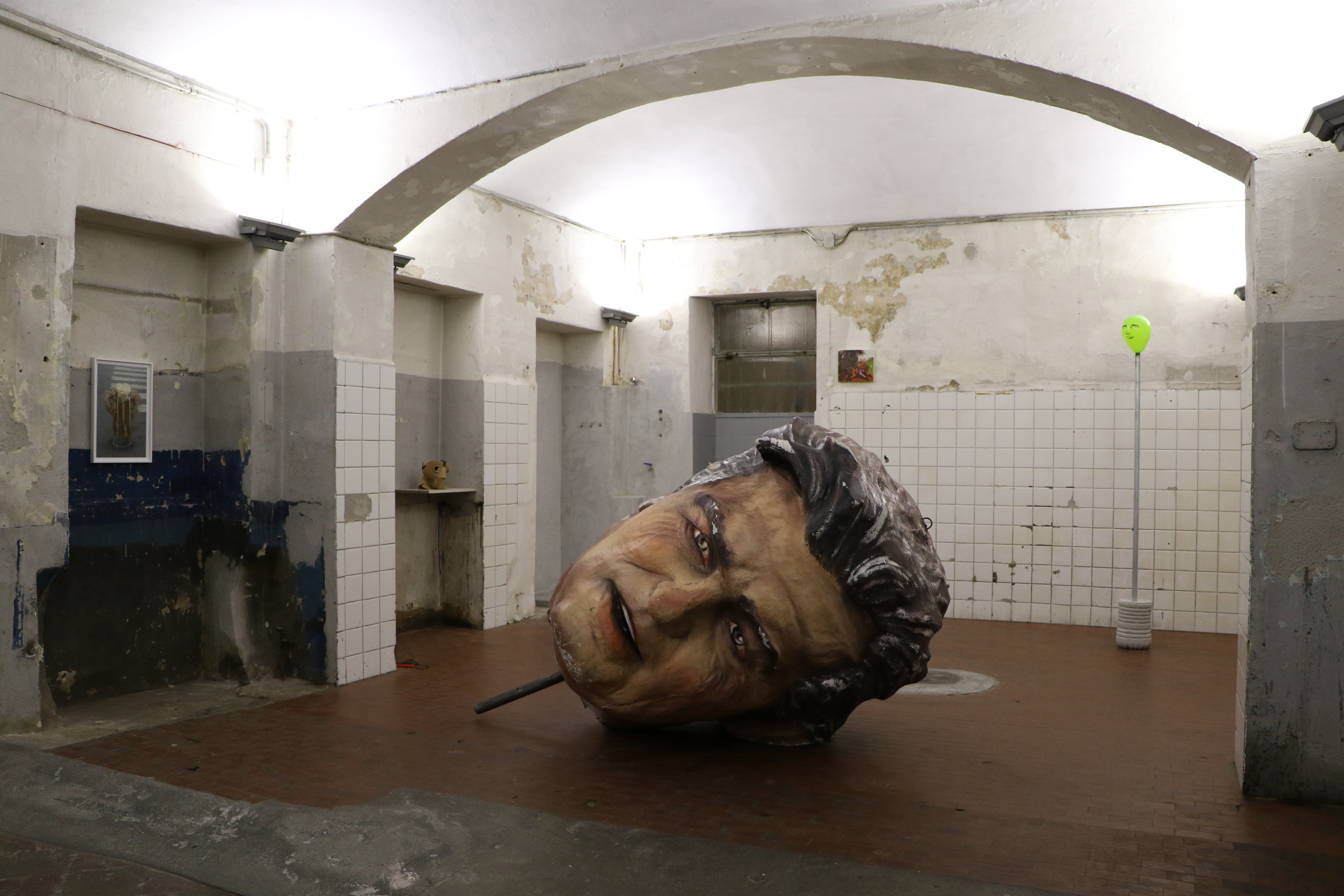Soft autonomy
Pietro Gaglianò
1941 saw anarchical philosopher Herbert Read publish Poetry and Anarchism, namely the peak of a reflection on the libertarian understanding of the relationship that cultural production can or should have with power that had been developing since the late 1700s. Read considered the freedom, diversity and quality of the work of philosophers, poets and artists as paramount instruments for measuring the value of a civilisation. Said value decreases or increases in inverse proportion to the authoritarianism of governance systems: the higher the level of control and pressure over cultural production, the more uniform and complacent the response of intellectual and artists, and the less satisfying the evolution, richness and complexity of social structures. The autonomy of art in the dark times of totalitarianism is a focal point of the work of philosophers and thinkers on the feasibility of transforming civilisations; Reader deems observing the political independence of artists is a fairly satisfactory method of evaluating society: the artist is already too busy dealing with the various aspects of reality to be subject to the dispositions of politics; therefore, they just show the true colours of the world while proposing an alternative (albeit not completely imaginary) version of it[1].
After the Second World War, once the threat of dictatorships had been faced and defeated – at least on this side of the Iron Curtain – the North Atlantic world saw power disguise itself and seep into all the layers of individual and collective life, even from a secular, spiritual and relational standpoint, thereby taking on the protean texture of what German philosopher Günther Anders defined as “soft totalitarianism”[2]: a kind of power that does not require coercion, as the very citizens are eager to submit to its imperatives, norms and standards. The possibility of organising a form of resistance against an adversary that can be easily spotted by its physiognomy and strategies of choice has been definitively lost; thus, it is unfeasible to have a direct clash with it and unveil the bearers of designs that work against each other within the power structure. The last years have seen soft totalitarianism perfect itself by digitalising subjectivity and relationships (whether they be private, professional or tax-related); however, new fronts have been opened within it following a completely different rationale compared to the political struggle that characterised almost the entirety of the 1900s: liminal spaces of liberation have been created which pursue punctual rather than revolutionary transformation by organizing a local kind of resistance that, albeit subtle and less radical, is more realistic and suitable for the life of individuals.
Therefore, we can ask ourselves where the so-called “independent spaces” are found with respect to systems (be them political, economic, etc.), and whether their cultural production is either autonomous, independent, or both. Being autonomous means being able to self-organise oneself and establishing rules without consequently pre-determining the functioning of one’s activities: a sort of sovereignty within one’s structure. On the other hand, being independent means not depending on other people or systems. In this sense, the “spaces” are less and less independent, as they are often ready to skirt power. Moreover, belonging to a network of exchanges and affiliations is paramount for their very survival and existence. However, they can be said to be autonomous, provided that the term is stripped of its strictly political connotations: they are places of experimentation, areas that are somehow marginal and thus partially removed from control mechanisms. Without completely escaping “soft totalitarianism” (we know that the animators of the “spaces” are often torn between protest and commercial/institutional flattery), they tap their autonomy in order to find new kinds of freedom and ways to achieve them.

Gelateria sogni di ghiaccio a / at NESXT 2017


